[fusion_text]
Background checks are complicated. We’re here to provide you with background check basics and answer our most popular questions to help you through the process. Unless you have insider knowledge like the expert team at Protect My Ministry, background checks can feel overwhelming, scary, confusing, expensive, and intrusive.
These feelings get even more powerful when a ministry is considering implementing background checks for its employees and volunteers. As a religious organization built on faith, trust, and kindheartedness, are you overstepping your boundaries by asking members of your congregation to undergo an investigation into their records? Are you being financially responsible by paying for background checks or asking people to pay for their own?
We’re here to tell you that:
- Prospective clients call us all the time saying those exact things
- Background checks don’t have to be confusing and complicated
- Background checks are a necessary step for EVERY ministry
- Protect My Ministry is a faith-based screening company who understands your concerns
So to help clear up any confusion, we’re going to share with you some of the most Frequently Asked Questions our Protect My Ministry staff gets and provide you accurate answers is everyday language – no insider knowledge needed.
What do background check results show?
This depends on the type of requested background check. Some basic searches might just check local criminal records. A more thorough background check might go deeper and look into a person’s:
[one_half last=”no” class=”” id=””]
• Federal criminal records
• Motor vehicle history
• Past employment
• Previous education
[/one_half]
[one_half last=”yes” class=”” id=””]
• References
• Credit check
• Drug testing
[/one_half]
Non-criminal background checks are often used to locate any misinformation about employment history and educational degrees.
Where do researchers look for information?
Here is a list of types of information that may be included in a background check. Most of them are public record.
[one_half last=”no” class=”” id=””]
• Driving Records
• Vehicle registration
• Credit records
• Criminal records
• Social Security number
• Education records
• Court records
• Workers’ compensation
• Bankruptcy
• Character references
[/one_half]
[one_half last=”yes” class=”” id=””]
• Neighbor interviews
• Medical records
• Property ownership
• Military records
• State licensing records
• Drug test records
• Past employers
• Personal references
• Incarceration records
• Sex offender lists
[/one_half]
How common are background checks?
This site claims that “surveys suggest that over 80% of companies conduct some type of background search, often including one or more of the following: criminal records checking, reference checking and past employment verification.”
How long do they take?
Turnaround time varies. Due to the careful nature of background checks and the collection of important and delicate information, it’s important to know that most reliable background screening providers will turn results for you in two to three days.
What information needs to be provided for a background check?
This is pretty simple. A correct name – first and last – and an accurate date of birth. Many screening service providers will also ask for a Social Security Number for candidates who are US citizens. This helps track down previous addresses in the most accurate manner possible.
How much do they normally cost?
Pricing plans vary for lots of reasons – basic vs. in-depth checks, one-offs vs. bulk requests. You may find background checks provided for as little as $20 or as much as $100. Being good stewards of the church budget is always a chief priority. This may tempt you to accept the lowest bid by the screening firm who promises you “instant results.” Beware of instances where something sounds too good to be true. There is no single database of criminal information available, and instant checks do not exist.
The best thing you can do is consult with various National Association of Professional Background Screeners (NAPBS)-accredited providers who will listen to your needs and develop a screening plan that meets your expectations and budget.
When is the best time to run a background check? Before or after a job is offered?
After. There are a lot of good reasons for this, but a big reason is the Fair Credit Reporting Act (FCRA), which requires you to notify an applicant of the reason you are withdrawing a job offer if you have used a Consumer Reporting Agency (CRA) to conduct the background check. If you conducted a background check before extending an offer of hire, the process would be more expensive, and applicants not hired because they performed poorly in an interview might believe that something on their background check in fact motivated the decision, and that you were not being forthright in so stating.
Are all background check providers the same?
No. A background check performed by a CRA that is accredited by the National Association of Professional Background Screeners (NAPBS) will provide you the most comprehensive portfolio on your employees and volunteers. Most CRAs rely on real researchers who actively work to track down and verify information, unlike an FBI check which just aggregates computer data that may or may not be accurate.
Protect My Ministry is accredited by NAPBS.
Have more questions? We have answers! Tweet us your q’s and we’ll put together another FAQ post soon!
[/fusion_text]
